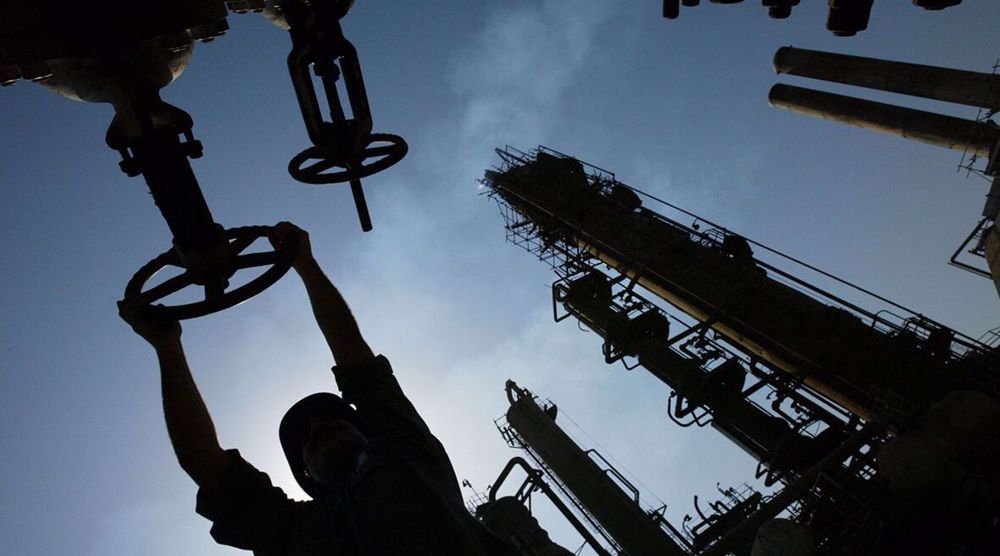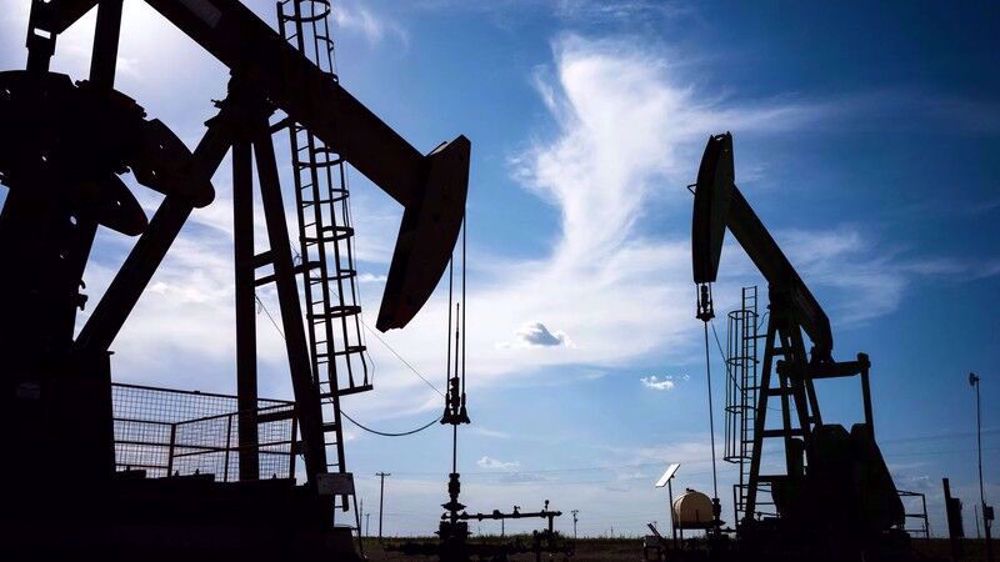In surprise move, Qatar says to quit OPEC in Jan.
Qatar in a surprise announcement says it will leave the Organization of the Petroleum Exporting Countries (OPEC) next month in a move that appears to have been meant to take a swipe at the group’s de factor leader Saudi Arabia.
Saad al-Kaabi, Qatar’s energy minister, told reporters in a news conference that Doha had informed OPEC about its decision on Monday morning.
Kaabi denied speculations that quitting OPEC was linked to the country’s feud with Saudi Arabia and its allies.
The decision was "technical and strategic" and had "nothing to do with the blockade," he said.
In June 2017, Saudi Arabia, the United Arab Emirates (UAE), Bahrain, and Egypt severed diplomatic relations with Qatar, in a scheme generally believed to have been orchestrated by Riyadh. The four countries accused Qatar of sponsoring “terrorism” and destabilizing the region, an allegation strongly denied by Doha.
Several African countries have also broken ties with Qatar in support for the Saudi-led quartet.
Kaabi further emphasized that Qatar would continue to produce oil and seek deals in countries including Latin America's top oil producer Brazil.
Saudi Arabia, the United States and Russia are the biggest producers in OPEC "so is it really worth it to someone like Qatar to go to Vienna to meet with someone who will lead the meeting and who is your enemy?" Thierry Bros, a researcher with the Oxford Institute for Energy Studies, was quoted as saying by AFP.
"In the end, perhaps you can do without it."
Kaabi said gas production would remain the top priority for Qatar, which is the world's the biggest exporter of liquified natural gas (LNG).
"We don't have great potential (in oil), we are very realistic," said Kaabi, who described himself as "Mr Gas" during the conference. "Our potential is gas.
"I think it's inefficient to focus on something that's not your core business and something that's not going to benefit you long-term."
In September, Qatar announced it planned to boost gas production to 110 million tonnes per year by 2024.
Qatar's oil production is around 600,000 barrels per day and it is the world's 17th largest producer of crude oil, according to specialist website, world data.info.
Doha’s announcement came as OPEC is preparing to meet in Vienna later this week to discuss market policies and prices.
Kaabi said he would attend the meeting which he emphasized would be his "first and last" as energy minister.
American warplane downed after Yemeni attacks 'baffled' US air defense: Ansarullah
VIDEO | Yemenis praise the military for its successful operations against Israel
VIDEO | Israel continues to bomb Gaza homes
VIDEO | An insider's view of the country: Meybod City in Yazd
‘All wars have rules. All of those rules have been broken’ by Israel
VIDEO | Report flags India’s violation of rights of Rohingya detainees
Turkey's foreign minister meets Syria's de facto leader in Damascus
VIDEO | US Syria plots










 This makes it easy to access the Press TV website
This makes it easy to access the Press TV website